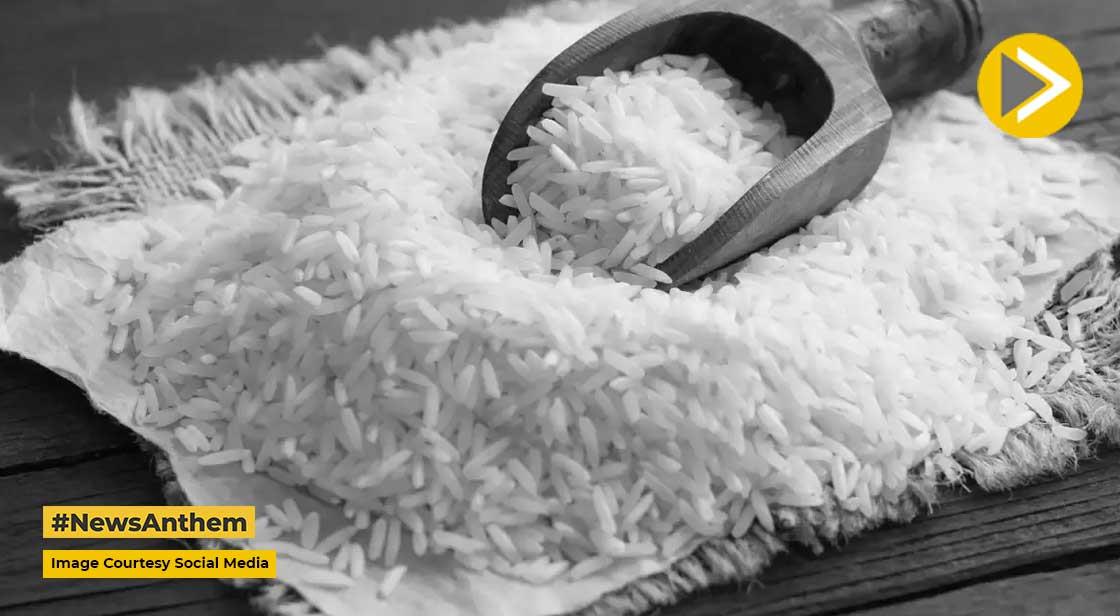IARI Releases Three New Types Of Basmati Rice

News Synopsis
The Indian Agricultural Research Institute (IARI) has released seeds of three new kinds of basmati rice for kharif season that have built-in resistance to bacterial blight and blast diseases in an effort to increase export possibilities and decrease pesticide use.
IARI, an organisation in Delhi, connected to the Indian Council for Agricultural Research, has given farmers seeds of improved PB1847, PB1885, and PB1886 rice varieties. These varieties have had two genes added, making them more resistant to bacterial blight and blast diseases, which have a negative impact on crop yield.
Three types would progressively replace the current basmati rice varieties PB1121, PB1509, and PB6, which are grown in more than 90% of the approximately 2 billion hectares of land in the world, according to IARI Director A K Singh.
“Existing key varieties over the years have developed resistance to bacterial blight and blast diseases, leading to excessive use of pesticides by farmers, thus increasing reports of rejection of export consignments due to presence of pesticide residue,” Singh informed. In major growing regions of Punjab, Haryana, and western Uttar Pradesh, he said, field trials of new varieties were carried out in a few farmers' fields last year, and after receiving good results, the seeds for new varieties were provided to farmers for further multiplication this kharif season. According to scientists, farmers' use of antibiotics and fungicides to control the bacterial blight disease and blast is not a sustainable practise. Numerous consignments of basmati rice from India have been rejected by importing nations because the grain included pesticide residue.
According to Vijay Setia, a former president of the All India Rice Exporters Association and a rice exporter, "newly developed basmati rice types are predicted to greatly cut pesticide consumption and increase the quality of rice." The Agricultural and Processed Food Products Development Authority and basmati rice exporters have launched outreach programmes to maximise farmers' use of pesticides.
In 2021–2022, India exported 3.9 million tonnes of Basmati rice for $3.54 billion. More than 81 percent of India's total basmati rice exports go to the top 10 destinations of Iran, Saudi Arabia, Iraq, the United Arab Emirates, the US, Yemen, Kuwait, the UK, Oman, and Qatar.
You May Like









